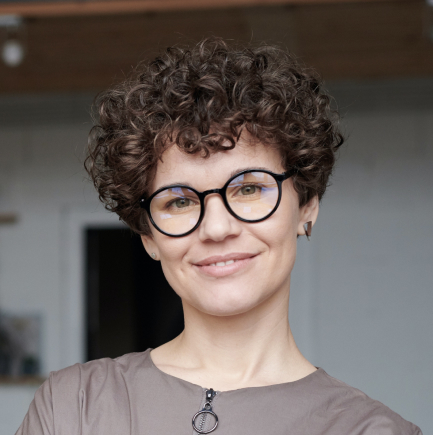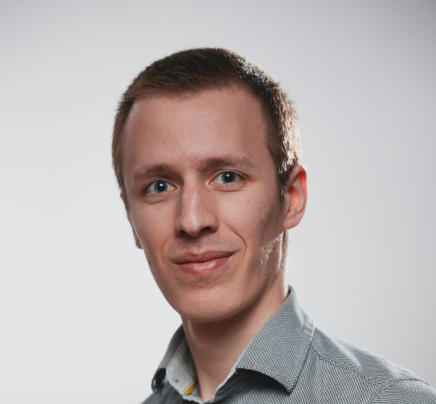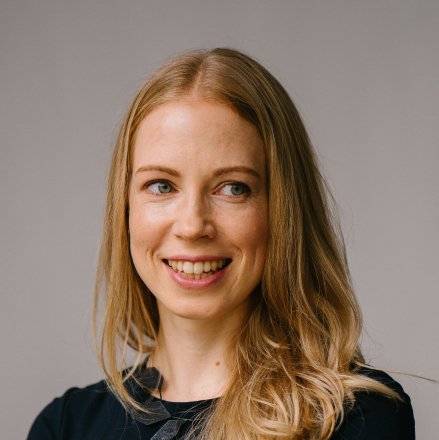On the evening of the 30th of December 1993, one day before new years eve, and just a few short months before the first democratic elections in South Africa, three members of the Azanian People’s Liberation Army (APLA) launched an attack on the Heidelberg Tavern, just off Station Road in Observatory.
In the attack, four people were killed, and five were injured. It was one of the last acts of violence aimed at the apartheid regime that almost destabilised the journey towards free and fair elections in South Africa.
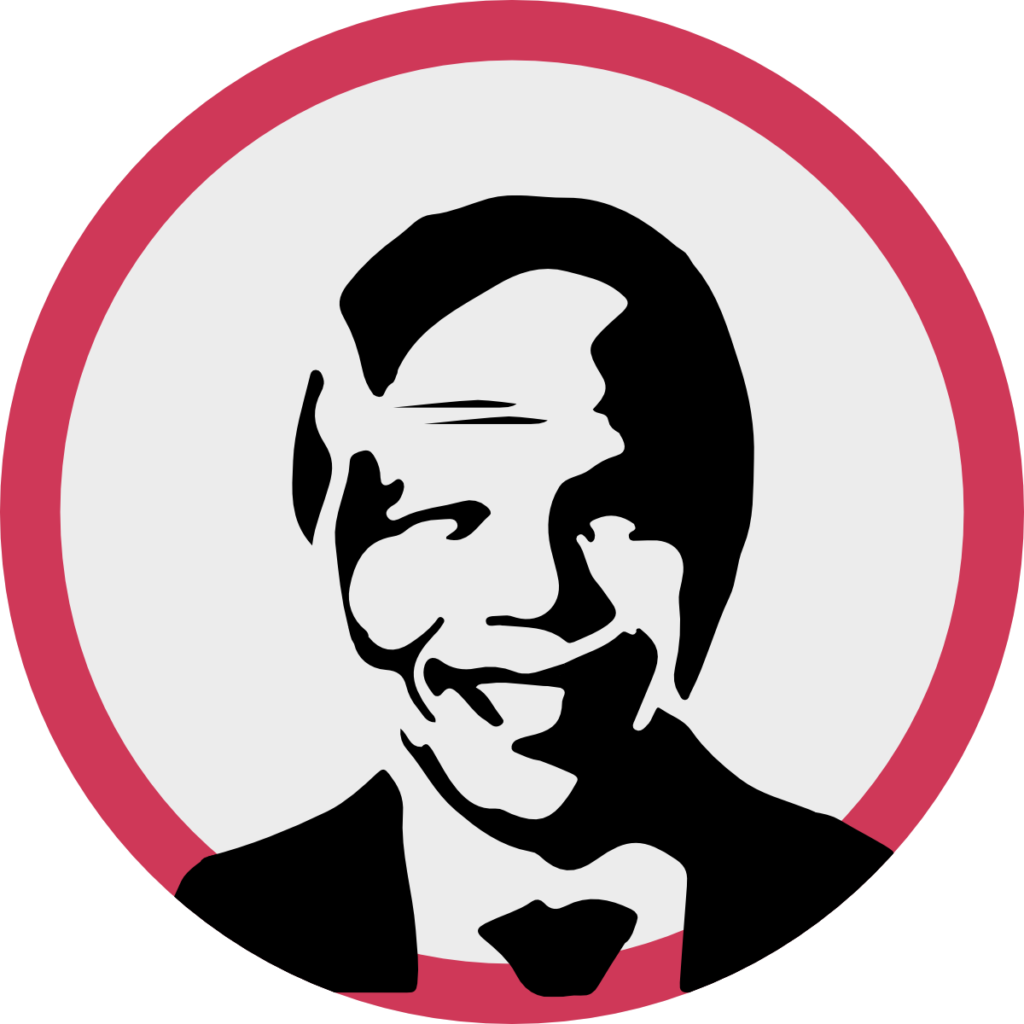

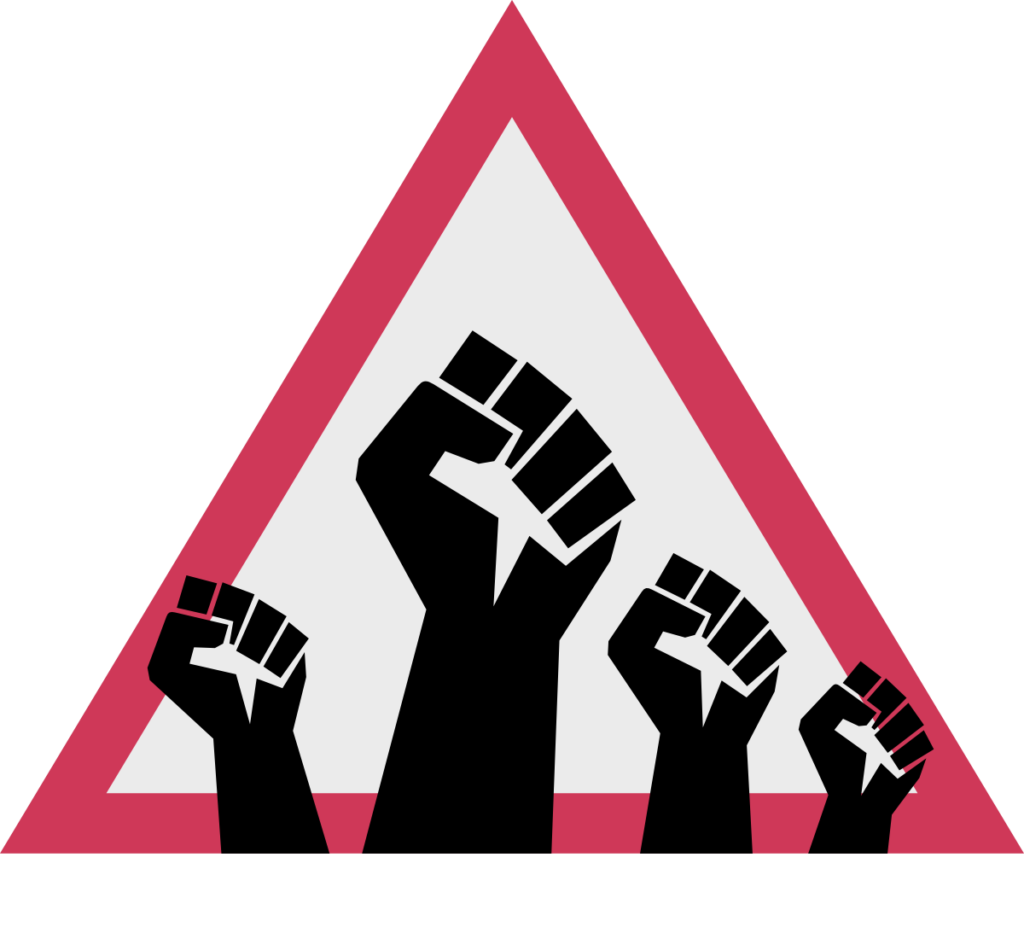
Bernadette Sharon Langford
Lindy-Anne Fourie
Rolande Lucielle Palm
Nosolino Cequeira
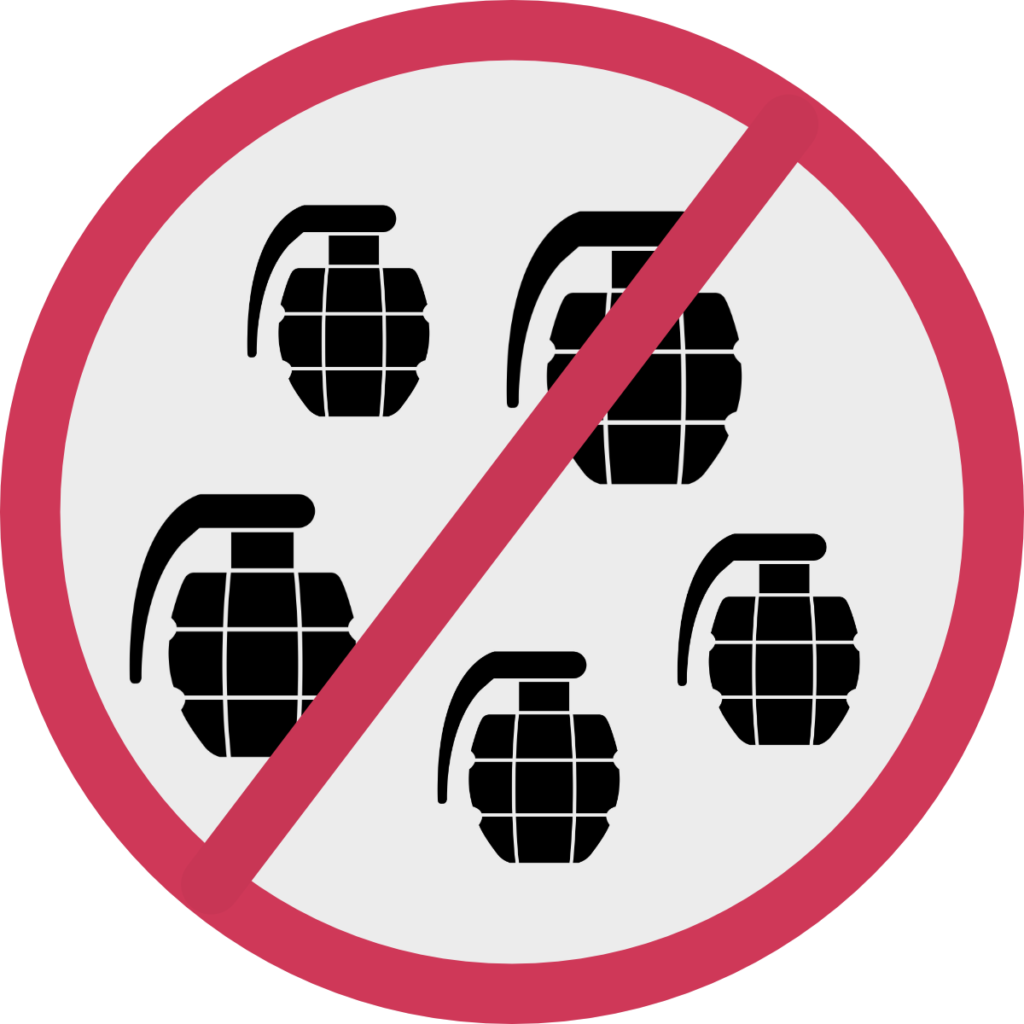
Benjamin Joseph Broude
Quintin Cornelius
Dave Deglon
Justin Julian Fouche
Michael January
When walking through the streets of Observatory, you might notice some words written on the ground or a road sign that looks a bit out of place … If you follow these words and signs you’ll find yourself standing outside where the Heidelberg Tavern used to be in Station Road.
The artwork was set up as a part of the Streetopia event in 2023 and 2024.
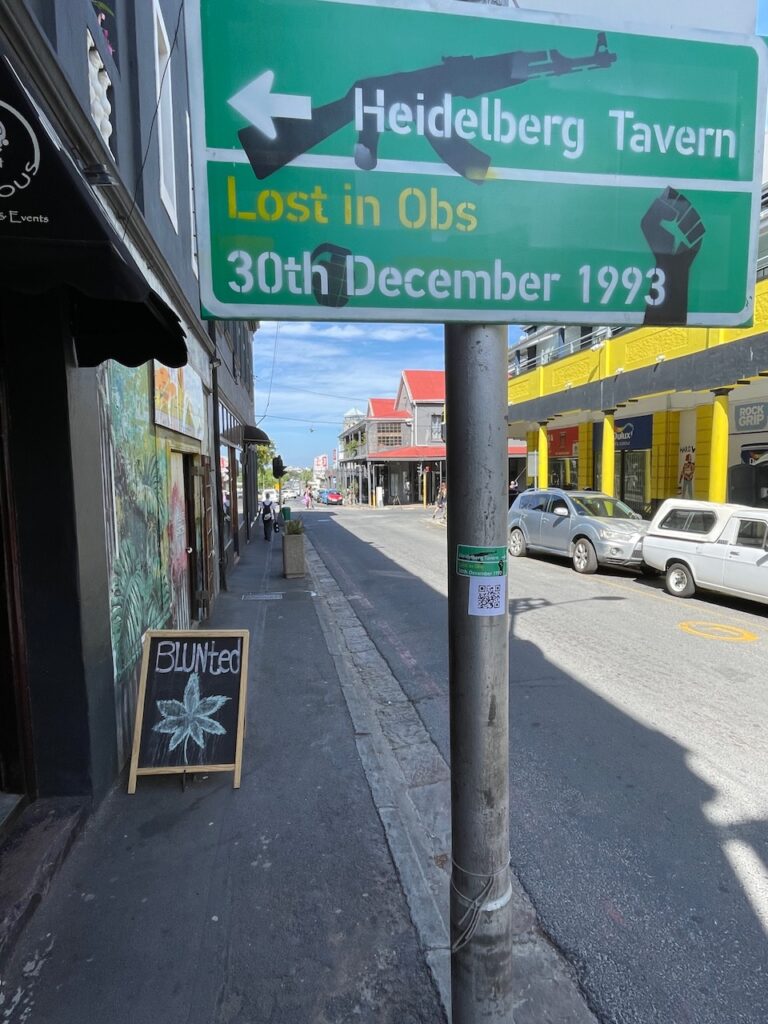
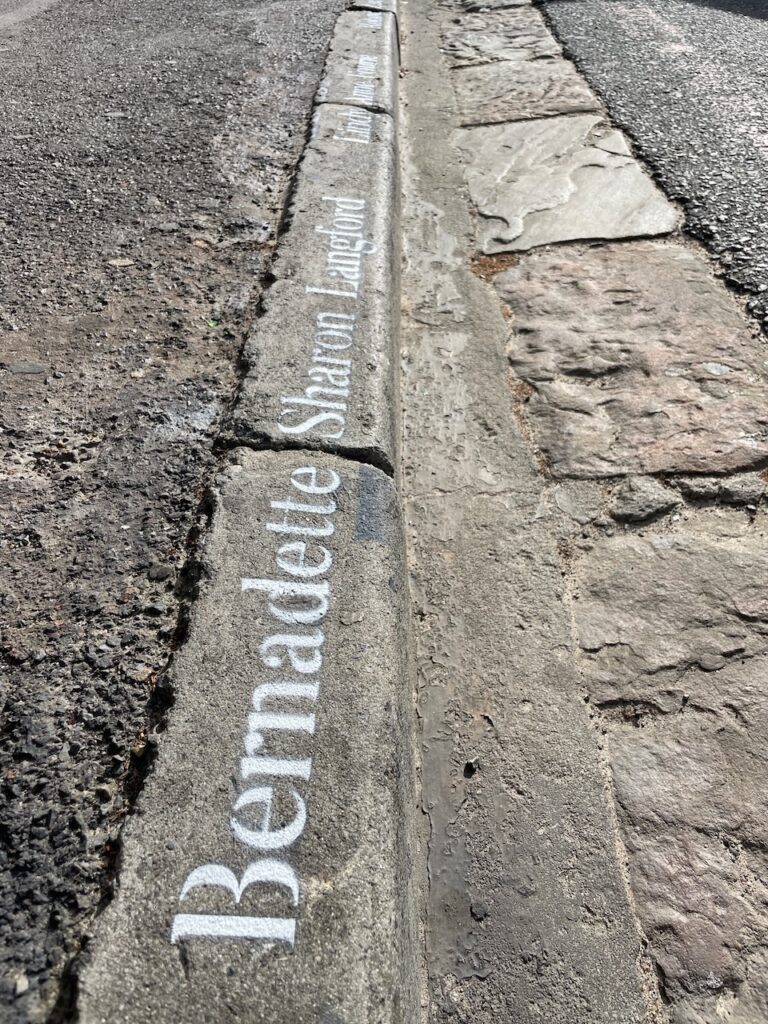
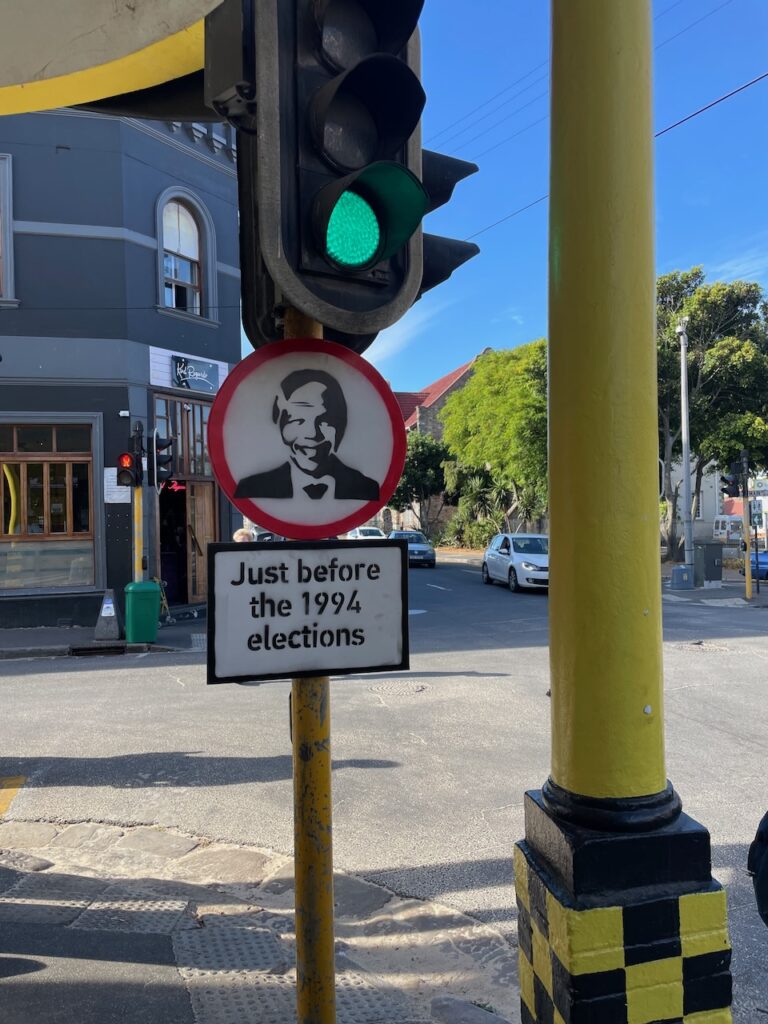
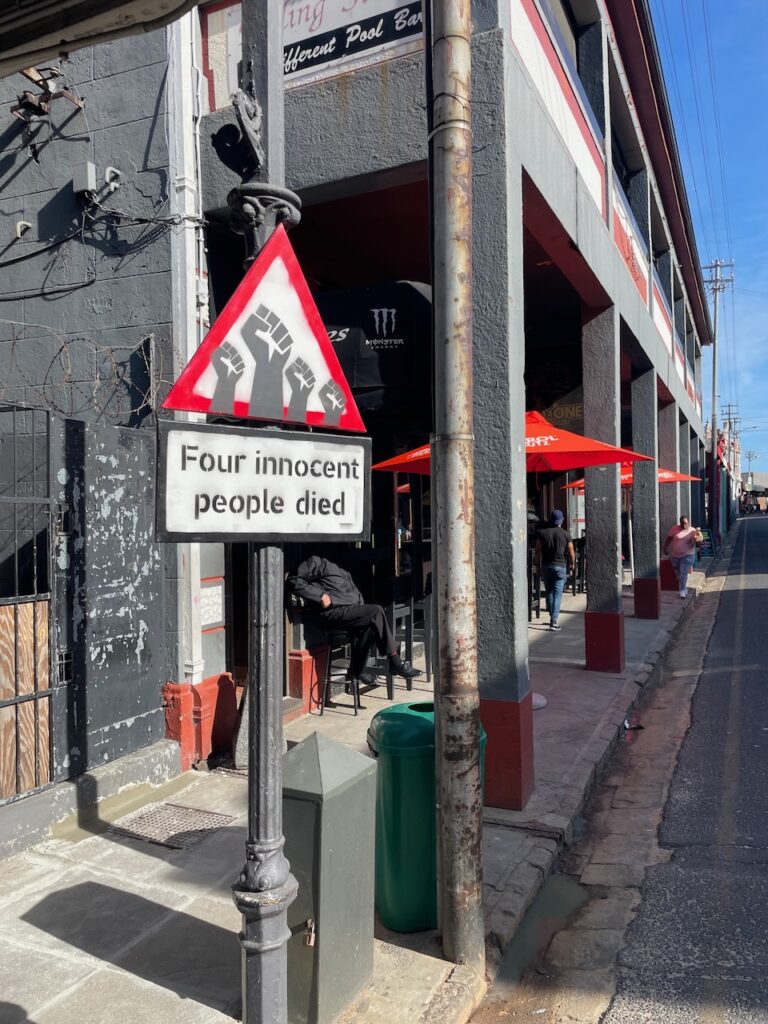
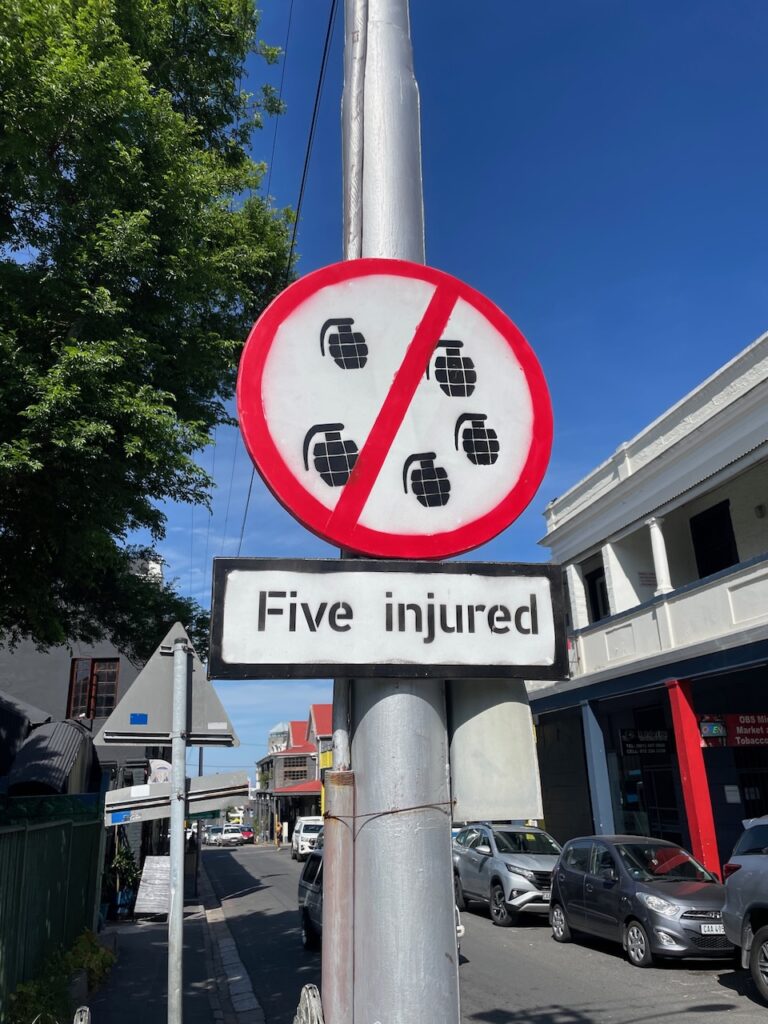
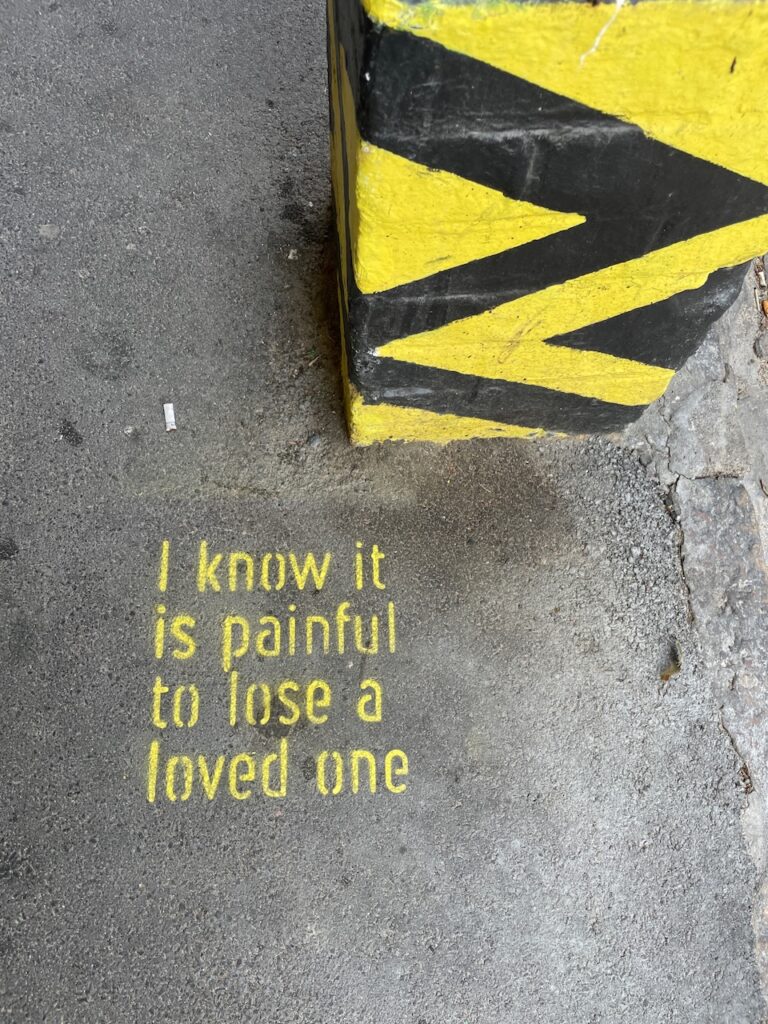
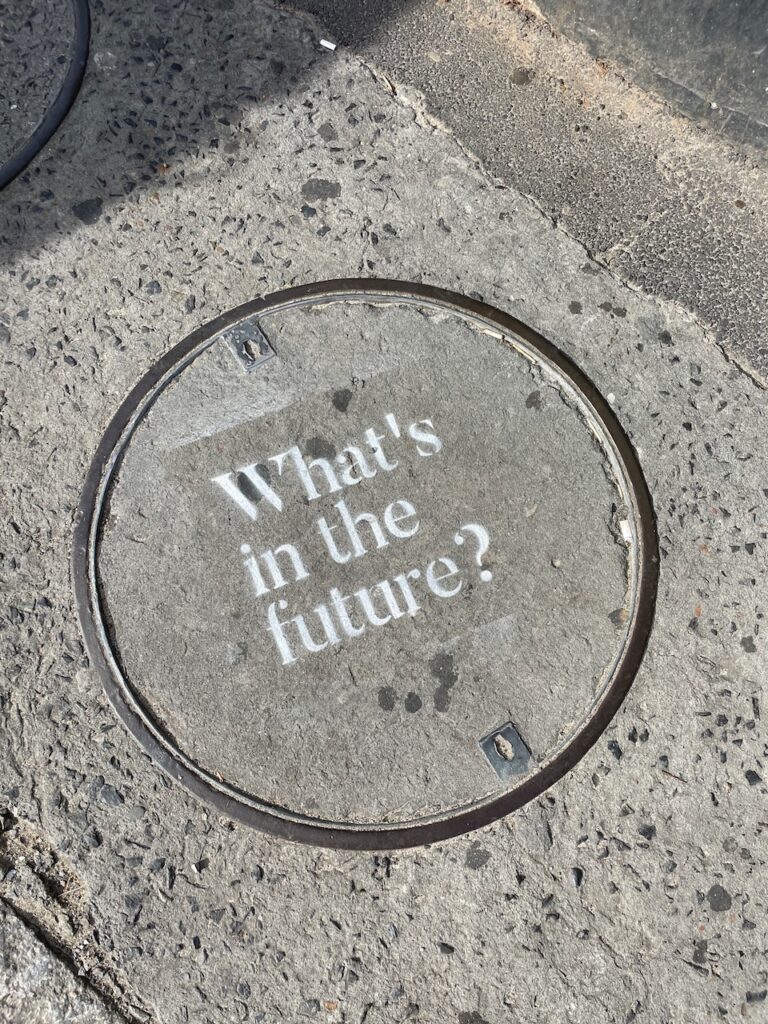
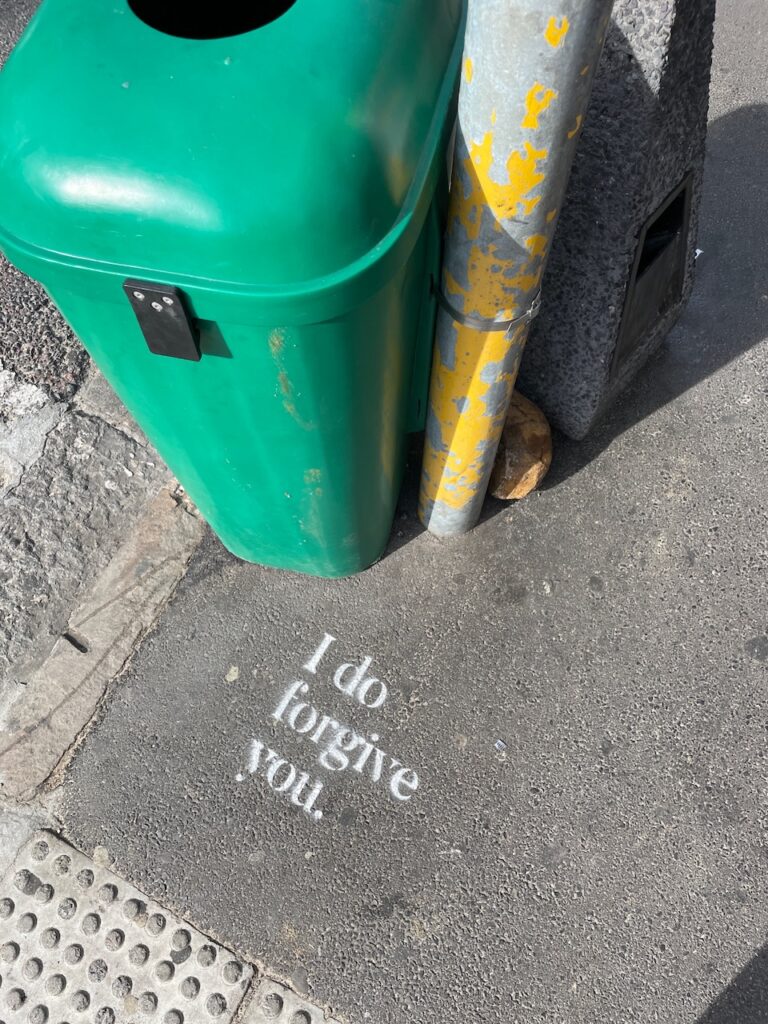
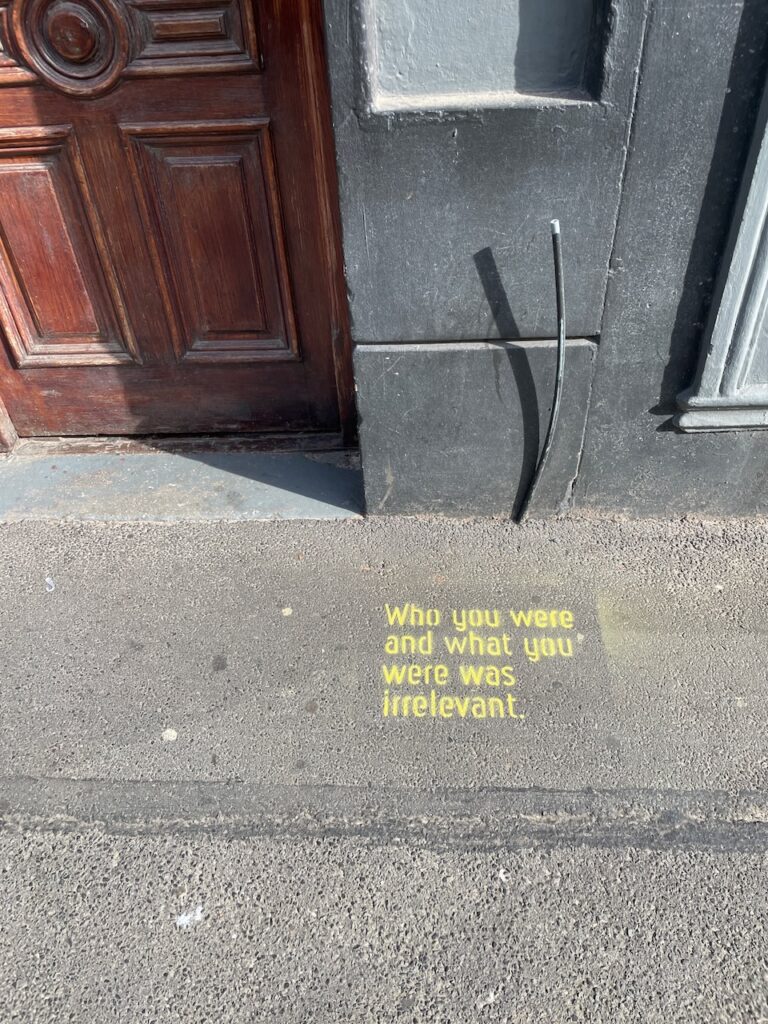
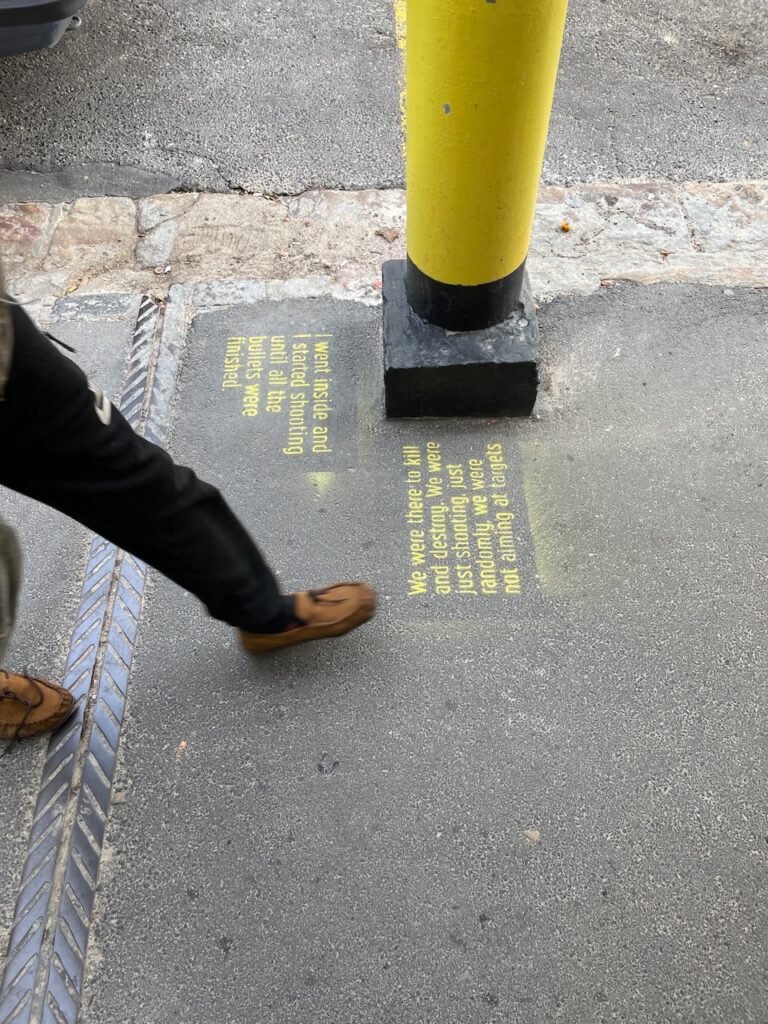
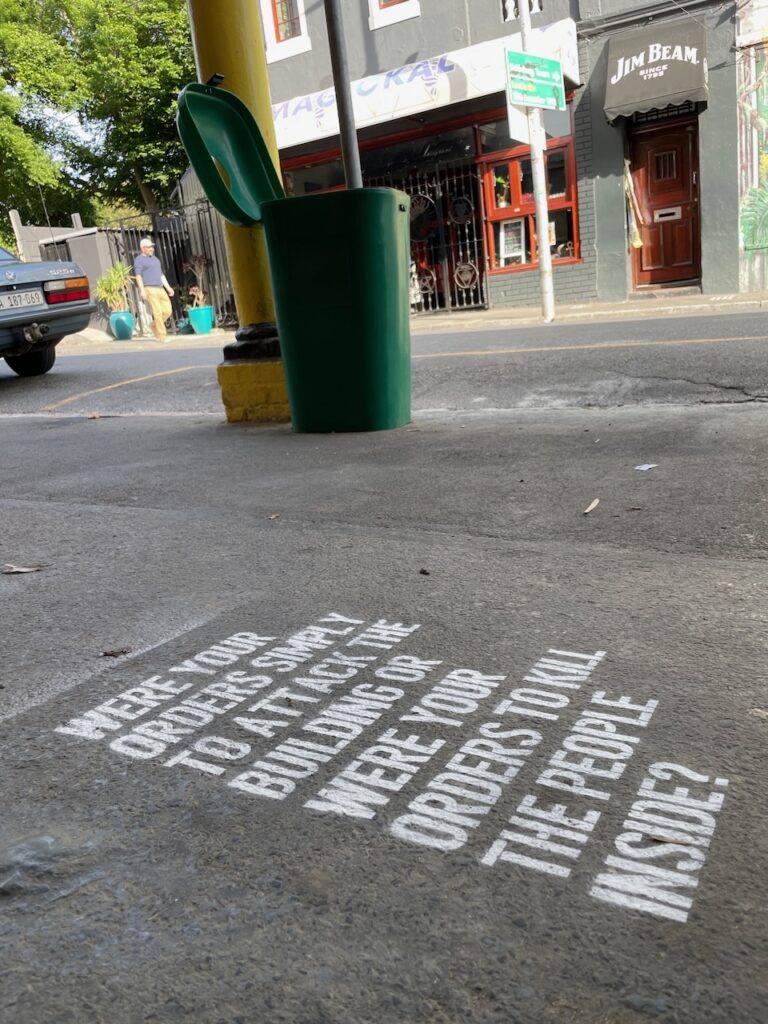
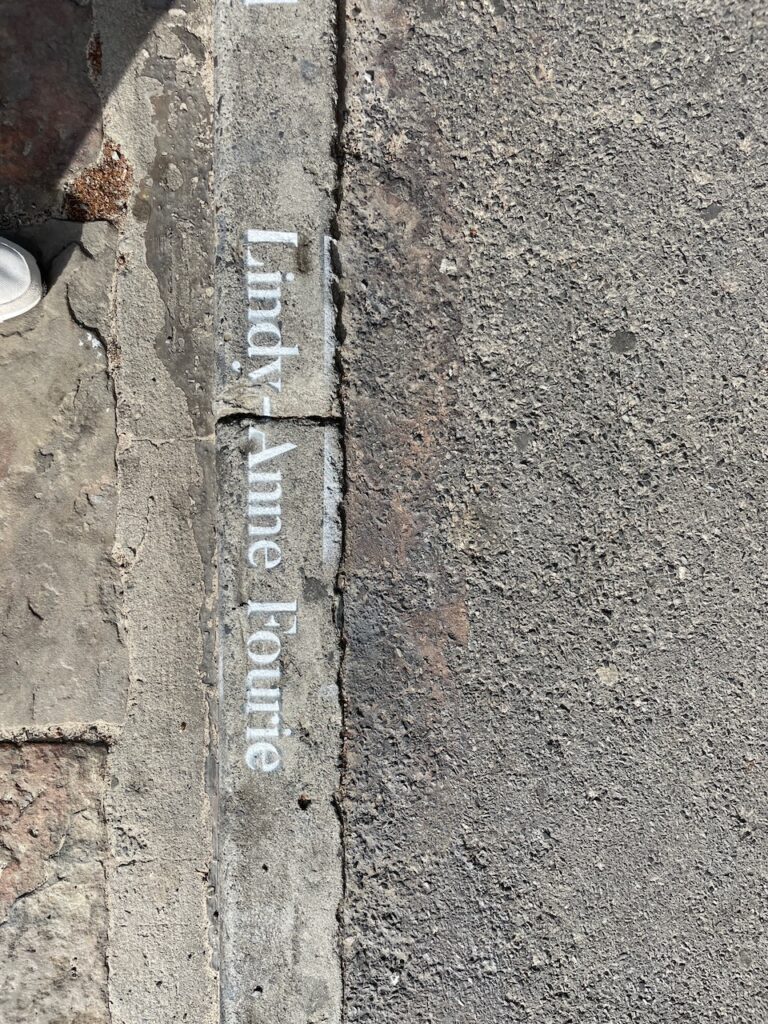
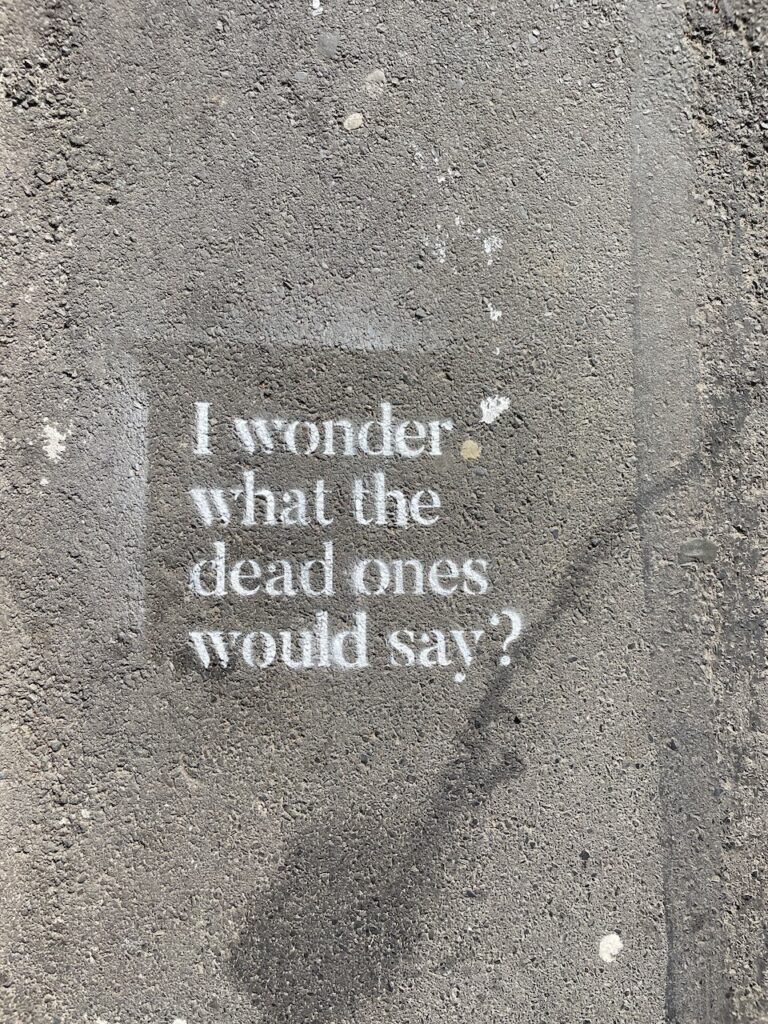
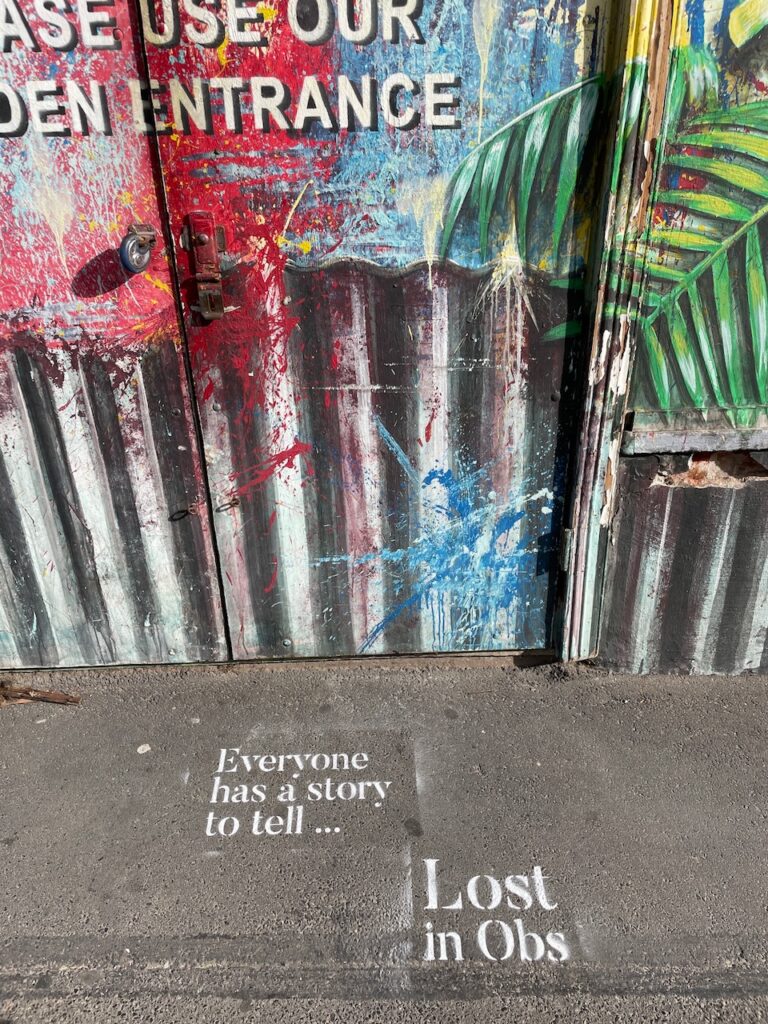
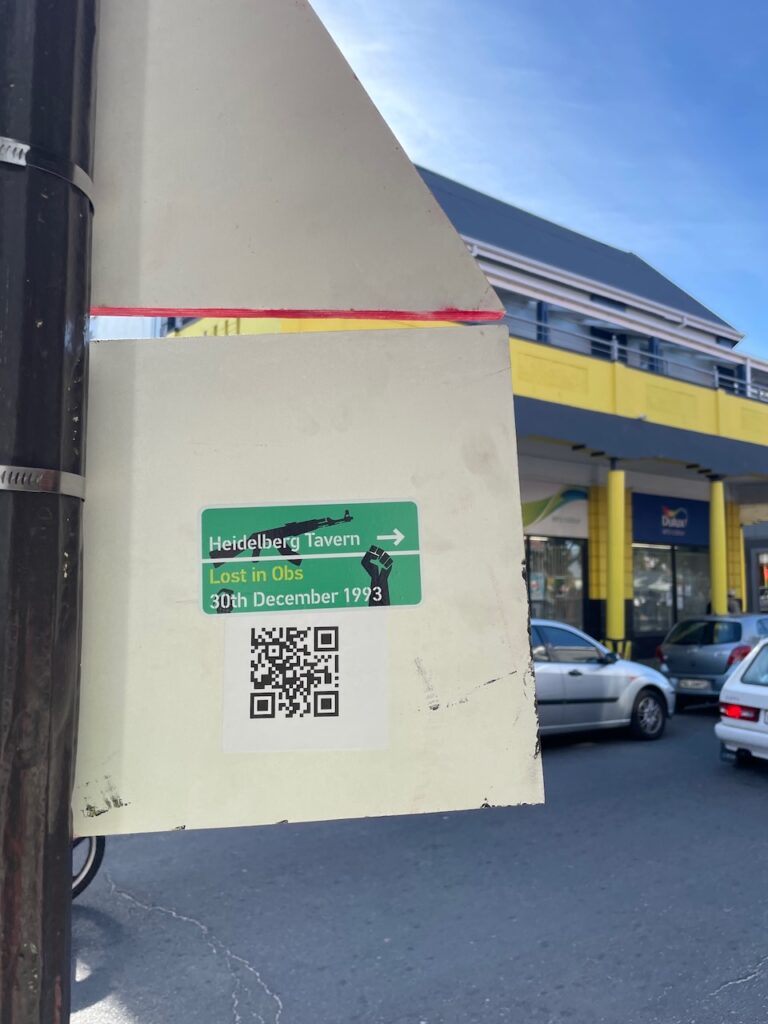
For Streetopia 2024, we were lucky enough to set up the artwork in the Heidelberg Tavern’s original site, making the experience much more thought-provoking than in previous years.
Thanks to Bully Boy Skateboard shop for allowing us to use their space.

These stories and voices have been woven into the streets around Observatory, subverting traditional signage and wayfaring iconography and illustrating the importance of the Heidelberg Tavern to viewers. Road signs usually help you when you’re lost, they now also help when a story has been lost.
We invite you to walk around the area surrounding the Heidelberg Tavern, following the story all the way to the front door of where the tavern used to be in Station Road (now Trenchtown).
Along the way, on the streets of Observatory, you’ll be able to read quotes from the protagonists, survivors and victims stenciled and etched into the pavements.
At the end of the journey, all the names of the victims have been marked on the pavement edge outside the Heidelberg Tavern site. Much like many streets in South Africa are named after famous struggle icons, we’re now renaming Station Road after the not so well known, but equally important struggle icons who lost their lives or were harmed on the evening of the 30th December 1993.
This artwork was conceived and created by Brainstorm and Bongo

These images were taken soon after the attacks by Koranteng Ofosu-Amaah when visiting South Africa with his mother. They are one of the few visual records of what the Heidelberg Tavern looked like at the time. You can view Koranteng’s galleries by clicking here or here.
Lyndi Fourie was one of the people killed at the Heidelberg tavern in 1993. As a response to the tragedy, her mother Ginn embarked on a remarkable journey of forgiveness with those responsible for the attack.
In 2002 Ginn Fourie met Letlapa Mphahlele, who was the APLA (Azanian Peoples Liberation Army) director of operations who gave the order for the attack on the Heidelberg Tavern. Their story of tragedy, forgiveness and reconciliation brings hope to the story of the Heidelberg Tavern.
You can discover their whole story by watching the film below, or click the image to be taken to a newspaper article on this unique journey.
Beyond Forgiving, the documentary:
Download a study guide to accompany the film by clicking here
The Truth and Reconciliation Commission was a court-like restorative justice body assembled in South Africa in 1996 after the end of apartheid. In the video clips below, you can see the people behind the attacks giving testimony and facing the victims families.
Ursula and I were high school sweethearts, since 1982. We studied at different universities. She started working in Somerset West in 1989 as a pharmacist. After my honours year I attended national service in 1990. I did not want to. Law forced me. Linked to my studies I did the officer course, but I was part of the sivvie-rock-band in Oudtshoorn, playing public gigs for the army. We got married in 1991. I started as counsellor while studying further. We grew up with strong morals but with little awareness of politics. We were taught to be kind to and respectful of all people.
Heidelberg – Josh Sithole
While living our early marriage and working days in Somerset West we had been regulars at the tavern. Being into music and performing myself, we were big fans of Josh Sithole, the musician who has been performing there for years. He was one of the main reasons we went there generally, and also that evening. We always chatted to him and I even bought an exact guitar like his, copying much of his style into for my own performances. The other reason was probably that the tavern had such a progressive open student vibe, a true mix of all races and types, away from the stereotypical nonsense.
Over those few days surrounding the event our oldest friend from school, university and post-university, Calvyn, was visiting us from the US to where he had just immigrated to work as a specialist physiotherapist, and with him one of our old friends from varsity we called Coenie. Seeing that Calvyn just started discovering the blues over in US, we said late one evening “We must let you go and see Josh.” We calculated that if we left right away around 11pm we might catch Josh‟s last three songs. Josh used to finish at 12 sharp. So we arrived at the tavern at around 11:40 pm. The place was packed as always.
Josh greeted us from stage. The bouncer was a guy we knew from Somerset West, Kurt. We were lucky to get space at the second table from the door. The tables were made of solid sleeper wood, with loose-standing sleeper wood benches. Facing the stage I sat in the middle with my best friend left of me and Ursula right against me to the right, with Coenie across the table. We got our draft beers and did the cheers. It was Josh‟s second last song I think, “Dream dream dream”, which he did Josh-style.
The Attack
The first thing I remember was the glass scattering from my friend’s hand. The bullet must have come through between our shoulders. It struck the glass assumingly probably just missing his hand. The second and immediate sensory recall was the smell of cordite. The third memory was me grabbing Ursula by her hair, pulling her down as we dropped to the ground, with our bench turned over just in time, as bullets were raining continuously from automatic fire. The wood pieces fell from the table and bench onto our heads. The thought in my mind, and in all of our minds, was that we were definitely going to die. With the acceptance of that then came the question who would be hit first. Communication was out of the question so I pressed Ursula’s hand to see if there was still a response. She responded. Time became obsolete. Then the firing stopped. Next we heard measured single shots.
I was now sure they were taking out the leftovers one by one. Those were the longest moments. Time stood still. We were trapped in a strange world of waiting. It eventually went quiet, until someone shouted “They are gone!”
After slaughter
As we stood up, the air still heavy from gun smoke, people were screaming-crying-rushing-running. Looking around us were bodies lying in blood, some shaking some bubblying. The table behind us, between us and the door took our bullets. My physio-friend did not hesitate a second ripping off his American t-shirt as sprang to action to help the person closest to him, applying pressure. We followed suite. This was a time of frustration as it was difficult with people with multiple holes in them, to decide which hole to apply pressure to. They don‟t teach that in first aid. The leftover humans shook and bubbled and died. I remember the foamy bubbling out of the chest wounds. Eyes rolled up, body still, so you go the next one, asking people for their t-shirts. At one point I grabbed a blanket that was lying next to me but someone literally hit me with a hysterical fist in my face and pointed to the ground. There was a rifle grenade lying at my feet, prepared with nails like a dark-age torture tool.
Having been in the army not too long before, I remembered noticing the little gravity-window was not turned. The attackers did not fire it correctly.
That grenade, launched from a rifle, needed to go up first, then downwards. The downwards action then turns the window to activate detonation in a few seconds. If I moved that grenade many more would have died a horrible death with maxed evil. Someone put a blanket over it to ‘keep it safe.’ It was after that, with chaos and crazy nausea all around, that we decided to leave. We got into our car without talking. We drove to Somerset West without talking. We stopped for Coenie to vomit. Ursula‟s parents, who were also staying with us for the holiday, received us. We spoke in cold and shocked animation I think. I have no real memory of the rest of that night.
Post after-slaughter
In the news people were urged to go and make statements on site the next day at mobile police units. Calvyn and I went to do ‘our duty.’ I remember giving a statement like a robot. I walked into the tavern for the last time. Time, experience, memory and emotions were mixed into a strange brew. A certain awareness and sense of trust of life was stolen. A vague hate and an acute distrust was formed.
PTSD
My old friend was dead silent. He was eager to return to the States. I knew I lost him forever. He got first-hand confirmation of why he left. He left a bloody shirt in SA. We drifted apart from there. ‘Coenie’ did not have contact with us directly, but I heard from other old varsity friends that he had been in and out of therapy for years with serious PTSD.
We found Josh again 6 years later. We attended a work function at a Hotel in Bantry Bay. We recalled the old times like war veterans, but Josh was not well. He has lost his spark. He died soon after that, in 1999.
Ursula and I understood PTSD well given my work. We had flashbacks and fright responses for about 2 years. Ursula would in the pharmacy dive into underneath the shelves when a child popped a balloon in the pharmacy or when something fell with a bang. We both sat away from any door whether it being in the movies or restaurants.
We always made sure we faced the door and keep an eye. We became hyper-aware of people, places and vibes, anywhere in the world we travelled.
The irony – a ‘rainbow nation’
– but a fake rainbow with only shades of darkness
The ‘good news’ was that we became totally disillusioned to politics and any person in power. We do not trust any politician. We do not trust the police. We do not trust the law. We do not trust a ‘democracy’ which is has been and is a fallacy in its application. We have not voted ever again in our silent protest against the system of politics, greed, money and terrorism. Depending on who’s point of view it is, the terrorists and the specialized military forces can be seen as synonyms, and were no different than the populist politicians. It was not in the interest of the extreme politicians to have a real rainbow nation. This was an illusion well sold. The attacks were organized by a politically accepted military (read terrorists) wing of a well-accepted and prominent political party. Over time the attackers were granted amnesty. Their excuses made no sense, and excuse nothing. Yes the bosses were the bigger evil for sure.
Politics were years later still at play in smearing information around the story of Gugulethu gardener Bennet Sibiya. The facts probably did not fit the politic agenda. The reason for terrorism was valid on the basis of another bigger evil called apartheid. The person who ultimately stamped the attack is now a prominent minister who now has the legal power and right to carry on with no morals, carrying the love of the democracy forward. Irony? The irony is that this same minister is now in a position to whom Ursula has to provide healthcare to. It is a test of strength to help and provide care for the demon who orchestrated the most horrendous brainless killing of innocent people. It is OK to fight evil with super-evil.
So you become a better person, or so it seems? The legal practice has indeed become illegal practice. The law should be called un-law. ‘Peace’ requires war and mindless killing. Fighting and killing for a cause are always good regardless your reasons, as long as your get into power.
This is a bitter story, and requires no sweetening into any agenda. Time‟s Too Short – live now, because life is a feeble moment in time. This was my view and my narrative. We are lucky ones. I wonder what the dead ones would say?
We’d passed the tavern on the same night
but decided to go somewhere with more color
We woke in the morning to hear on the shortwave radio
about an overnight massacre
As a good journalist,
Mum grabbed her microphone and tape recorder
As a journalist’s son,
I made sure to grab my notebook and camera
No breakfast, we made our way to the scene
from the university guest house
Checking the maps, we parked the rental car
as close as the police allowed
The news didn’t make for the best start
to tomorrow’s New Year
Ominous really, indeed,
the country was in a state of suspended fear
It wasn’t how we were planning to spend our short vacation
But the journalistic impulse is a lifetime occupation
Then again it was South Africa, forever on the verge of doom
There were elections planned in April, 1994 loomed
The BBC didn’t have anyone in Cape Town,
no boots on the ground
For things had not been as heated there as in KwaZulu-Natal
But now we could see the commotion,
the heavy police presence
Flashing lights, weapons everywhere,
and the sounds of sirens
Truth be told, it really felt as if we were in the middle of a war
Darn it, I had run out of film.
Luckily, I spied a convenience store
Walked in briskly and asked what kind of film they had
Noting that I preferred Fuji but would gladly take Kodak
Taken aback, the shopkeeper,
it felt as if I was integrating the shop
Ah right, should have known better,
they’d never served black people before
The way he was startled, as if I had come in the wrong door
Was in the wrong place, an affront, and sullying his shop floor
It was so over my head.
Had they really never been ordered around by my kind?
Well anyway, their countrymen would soon be doing the same,
it was about time
“Where are you from?”,
a latter-day attempt at small talk over the counter.
“I’m on holiday, Sir. Came from the States.
But I’m originally from Ghana.”
“Ghana.” “Yeah, West Africa.”
Rands proffered gingerly, patterns of exchange
I picked up water and a Twix bar.
I told the owner to keep the change
Dad used to regale us with stories
about his cohort of African diplomats
Integrating New York right after independence.
This country was a throwback
I loaded the roll of film,
would the memories I’d record be paparazzi gold?
Well it was South Africa, 1994 beckoned.
Who knew what life would hold?
Mum had already walked up beyond the security cordon
Her microphone a kind of spear that opened all doors
Looks of grudging respect from the soldiers and police officers
Badged as she was as a live representative of the foreign press
There was a local journalist on the scene
who seemed to appreciate a colleague
It’s not everyday that this kind of carnage
comes to your quiet streets
It was only as she drew nearer
that it struck me that it was a near miss
That it was only a matter of luck
that we weren’t yesterday’s victims
This was the enlightened part of town
where races supposedly mingled every day
Surprising really that the tavern would be singled out,
a real case of dismay
An hour away, Khayelitsha had been rough,
but this was quite different
This was the day, I guess,
that Observatory had lost its innocence
Elsewhere, of course,
Buthelezi’s people and the ANC were going at it
That was the background of disquiet
that was giving most of us fits
True, there were rumors of the apartheid death squads,
the rearguard action
By and large however, on the ground
there was a lot of empty posturing
Albeit we were learning the vocabulary of bloodletting
The country at large becoming connoisseurs of necklacing
But this was a terrorist attack plain and simple
Shooting up a bar out of some misguided principle
Students and others winding down the year
with music and alcohol
Left for dead, maimed or injured,
and now a cautionary symbol
Disconcerting,
it’s not that I’d discounted her war stories about being shot at
Sobering,
even as I was well aware of journalists’ occupational hazards
This was the new South Africa
whose leaders were lawyers who spent time debating
At inordinate length, the finer points
of the mooted constitutional provisions
“It’s bad.” Onlookers murmuring, sidewalk symphony
“It’s bad. They seemed to have shot up outside.”
She gestured for me to come past the police tape.
“Come, you’re my photographer.”
“It’s bad.” What a refrain
“Oh it’s bad. Damn.” “It’s bad.” A chorus of pain
“Three dead at least.” “How many?” “Three at least”
“It’s bad. We don’t know if the others will make it.”
“It’s bad.” “What a shame.”
“No responsibility declared.” No one to blame.
“I counted ten, oh god. What a scene, it’s bad.”
“They found a bomb, it could have been even worse.”
“Bomb squad was here. It didn’t detonate. It’s clear now”
“They say… You don’t want to see inside. Believe me, it’s bad.”
“Come closer, take some photos.”
Not quite as intrepid, I was staying behind the tape.
Unabashed, she came and lifted the tape,
pulled me over to the front. “Go on”
“Right here in Obz”. Afrikaner accent
“Terrorists. I can’t believe it.”
“They should clean up the blood. It’s bad, it’s upsetting.”
The broken glass dispersed, shards everywhere.
“It’s bad. Oh, it’s bad. I tell you. It’s bad”
“Station Road. Right here in Obz. Oh, it’s bad.”
“Who was playing last night?” “Josh… so sad.”
“Is he okay? I wonder.” “Oh, it’s bad”
There was blood on the ground and this was the aftermath
“Oh, it’s bad”, I couldn’t help but join in with the refrain.
It took hours to interview everyone and talk to the police
Bystanders and witnesses, shocked
yet wearing that mask of normalcy
Later we went to SABC, to the main studio, to call in her report
Filed for the African service, and then filed another for Focus
We weren’t sure how the story would go over,
the party line from Bush House
The news cycle doesn’t afford the complexity
that a long report allows
This wasn’t the kind of story that anyone wanted to receive
No hearts would be warmed
by this tale of blood on New Year’s Eve
We decided to not get the film developed.
Her copy would have to do.
By the time we finished reporting,
it was late afternoon
We’d been so caught up that we’d forgotten to eat
and now we were hungry
Thankfully I remembered my Twix bar,
the cheap snack came in handy
We drove past the tavern again
on the way back to the guest house
Canceled any nominal plans for the night,
we’d had more than enough
Back in our rooms, it was time for some quiet reflection
Malevolence.
We were shaken by our proximity to this unseemly action
Cape Town devoid of music, and turned into a place of hurt
Pain unbounded, the whole country holding its breath
The broken glass at the Heidelberg Tavern,
death at the barrel of a gun
We would bring in the New Year very quietly that night,
mother and son
If you were living in Obs at the time, or were at the Heidelberg Tavern on the evening of the attack, we would love to find more lost in Obs stories after the artworks have been taken down.
You are invited to share your experience and thoughts with us below. We’d love to read and share more stories from the people living in Obs at the time, making Obs history visible so future generations growing up and spending time in Obs know a bit more about what makes it unique.
